The Advantages of Detachable Appliance Plugs
2023-06-30In our modern world, the demand for convenience and efficiency continues to shape the way we approach everyday tasks. De...
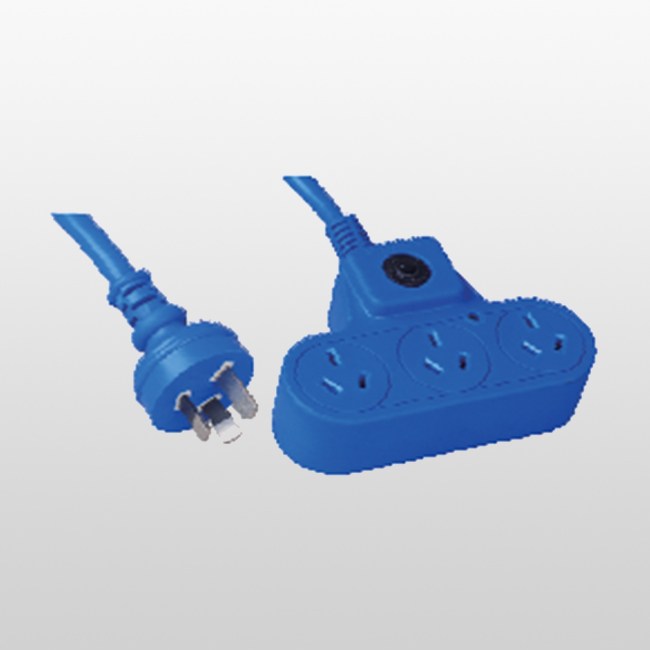
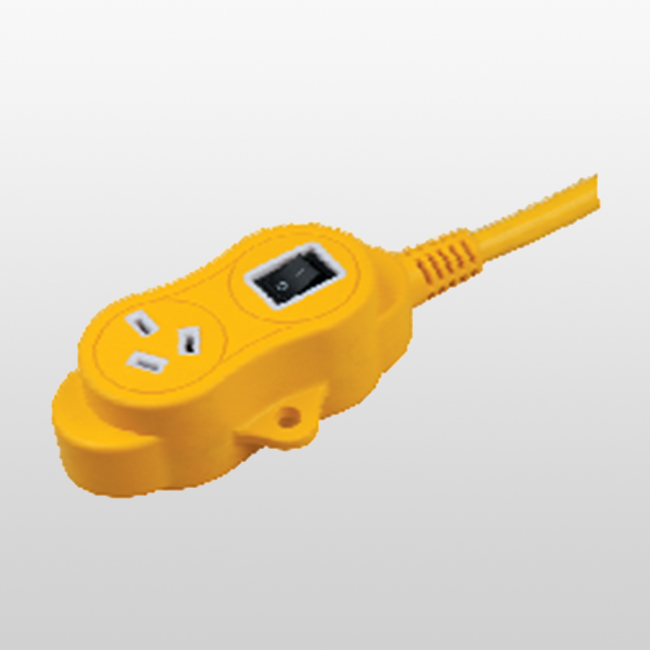
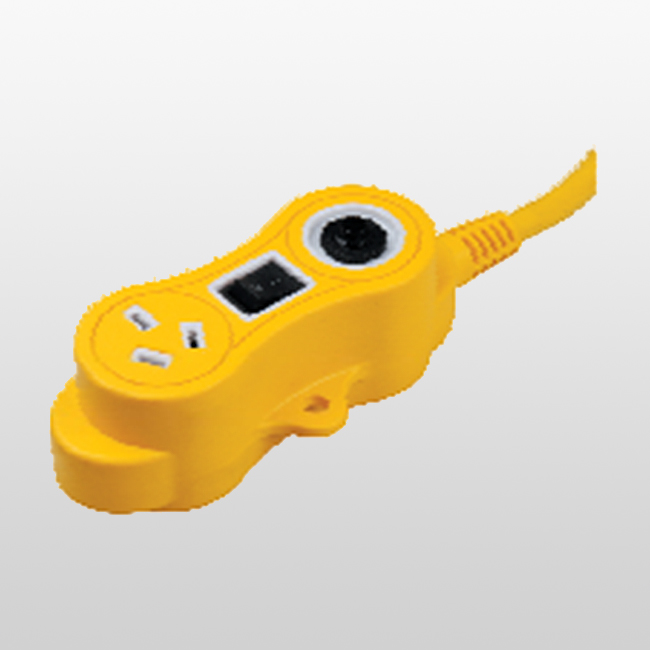
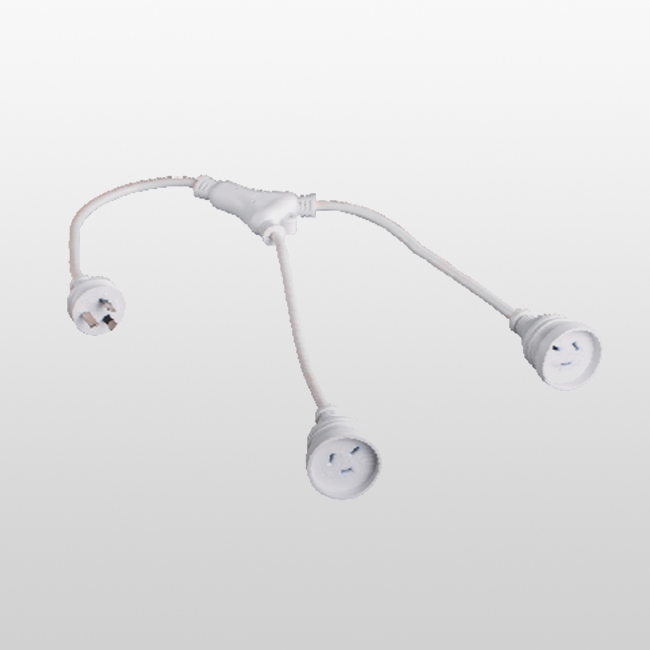
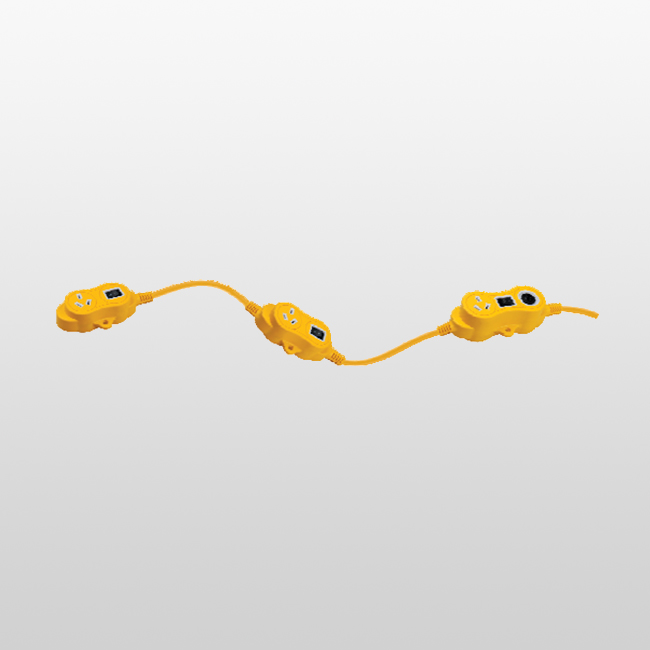
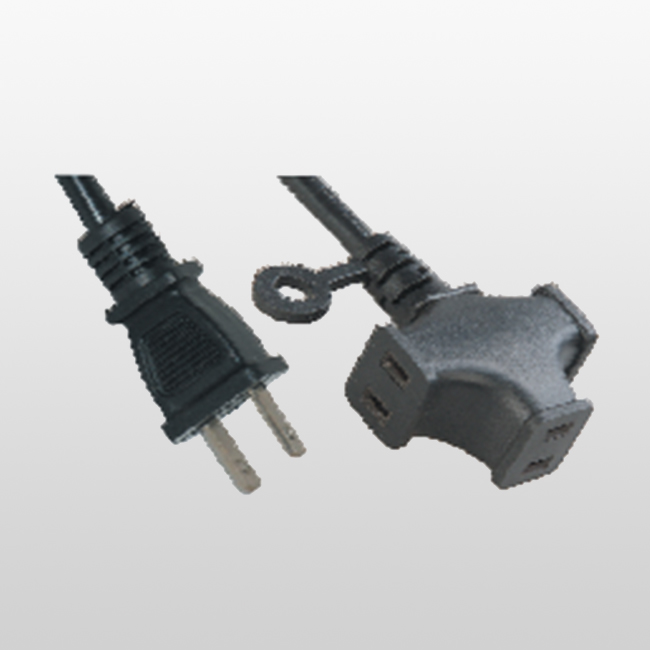
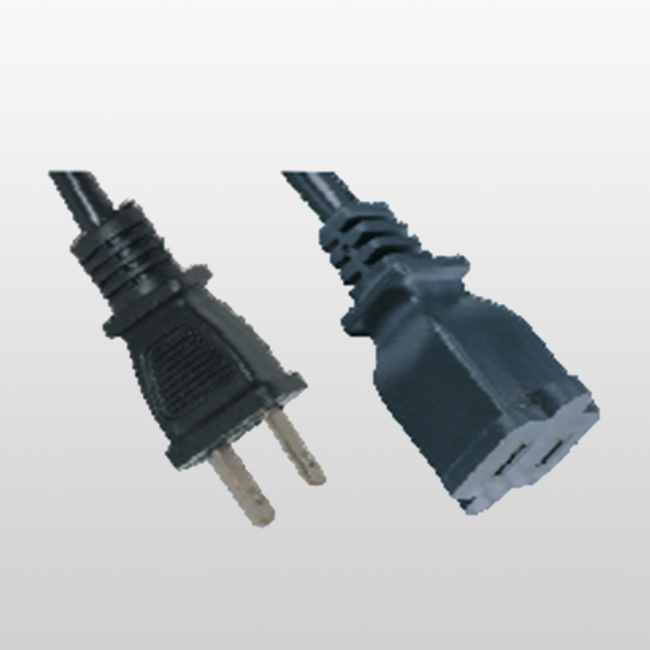
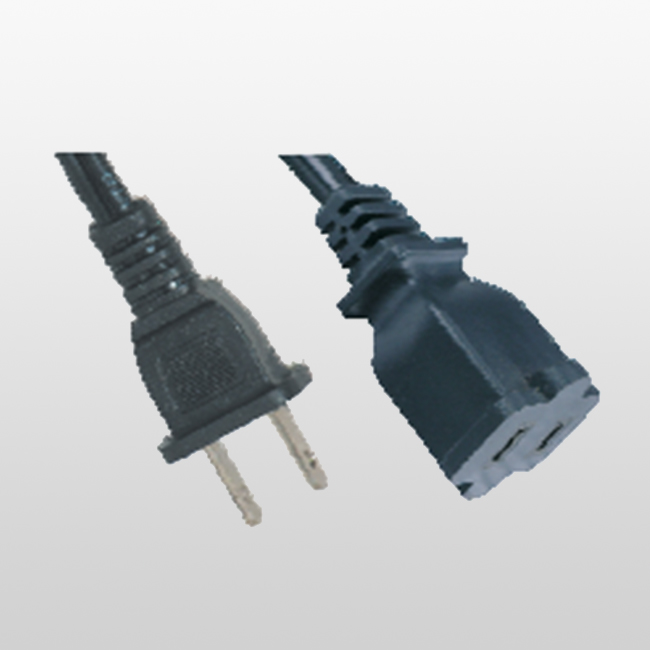
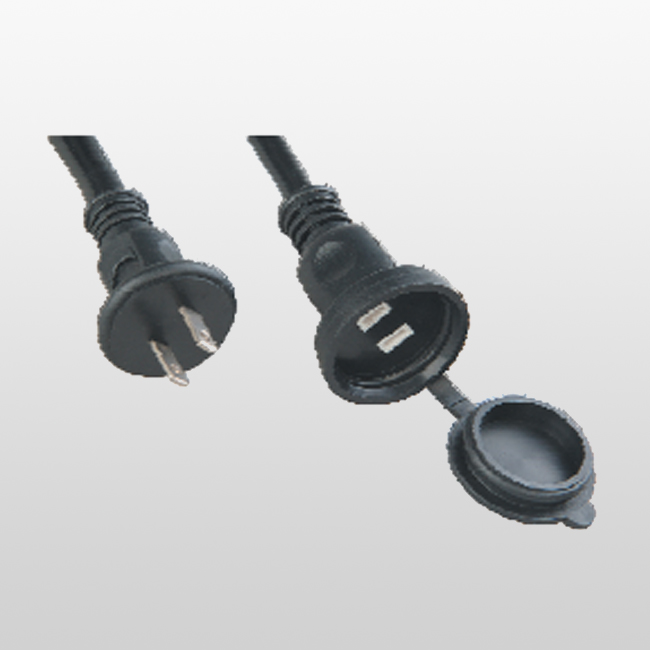
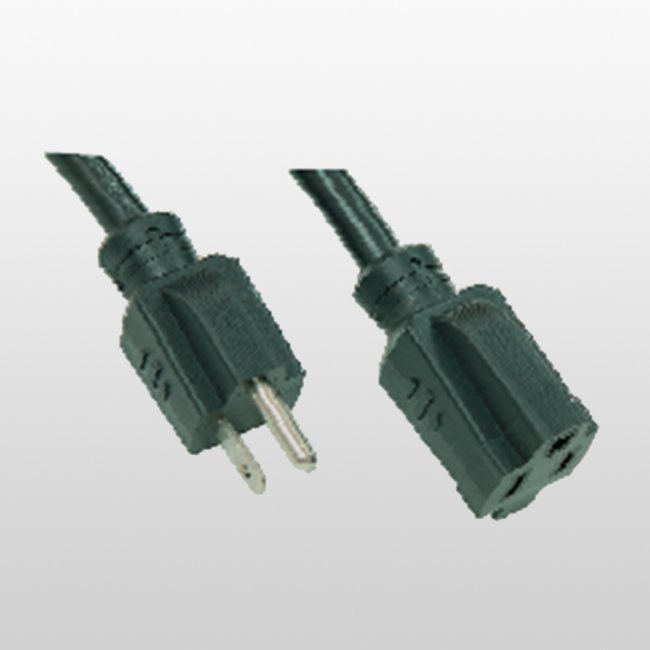
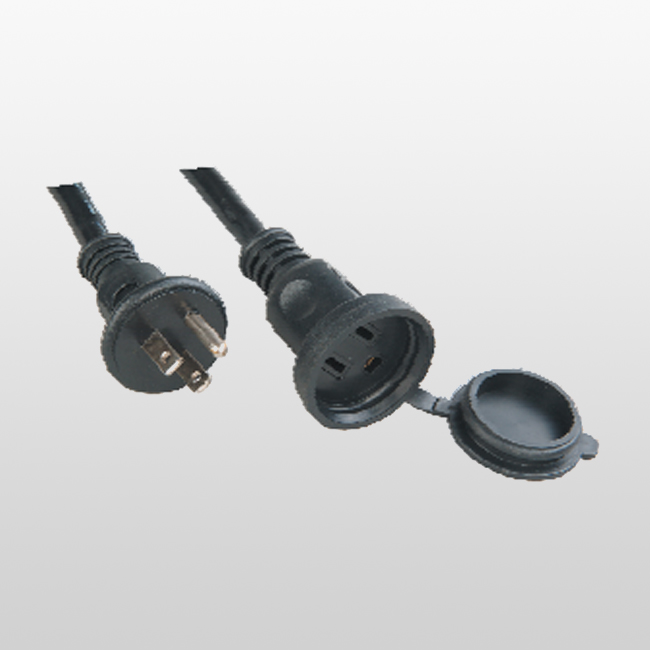
Provide you with the later enterprise and industry news.
 View More
View More
As China Custom Extension Cords Suppliers, Yuyao Hengyue Electric Co., Ltd. is a large-scale enterprise specializing in the manufacture of conversion sockets, plugs and power cords all over the world.
CERTIFICATION
STANDARD |
APPROVAL | MARK | COUNTRY | STANDARD | APPROVAL | MARK | COUNTRY |
| VDE | Verband Deutscher Elektrotechnikere V.Prufstelle |  |
Germany | S-GS | Intertek Testing Services ETL SEMKO |
 |
Europe |
| NF | Normes Francaises |  |
France | CEE | Internationnal Commission on Rules for the Approval of Electrical Equipment |  |
Europe |
| SEMKO | Svenska Elektriska Materiel kontrollantalten |
 |
Sweden | SEV | Schweizerischen Elektrotechnischen Vercins |
 |
Switzerland |
| DEMKO | Danmarks Elektriske Materielkontrol |
 |
Danmark | IRAM | Instituto Argentiono De Normalizacion |  |
Argentina |
| FI | Suomen Standardisoimislutto |  |
Finland | UC | Inmerto Product Certification |  |
Brazil |
| NEMKO | Norges Elektriske Materiellkontroll |
 |
Norway | GOST-R | Russia Product Certification |  |
Russia |
| IMQ | Istituto Italano del Marchio di Qualita |
 |
Italy | PSB | Singapore Product Certification |  |
Singapore |
| KEMA | Naamloze Vennootschap tot Keuring Van Elekrtotechnishe Materialen |
 |
Holand | ASTA | ASTA Product Certification |  |
U.K |
| OVE | Osterreichischer Verband fur Elektrotechnik |
 |
Austria | BSI | BSI Product Certification |  |
U.K |
| CEBEC | Norme Belge |  |
Belgium | KETI | Certificate of Compliance |  |
Korea |
What Safety Precautions Should I Take When Using Extension Cords?
Extension cords are convenient tools for providing power to devices and appliances beyond the reach of wall outlets. However, improper use or neglect of extension cords can pose serious safety hazards, including electrical shocks, fires, and damage to connected devices. To ensure safe usage and prevent accidents, it's crucial to observe essential safety precautions when using extension cords.
1. Choose the Right Cord for the Job:Selecting the appropriate extension cord for your specific needs is the first step in ensuring safety. Consider factors such as the power requirements of connected devices, the distance between the power source and the devices, and whether the cord will be used indoors or outdoors. Choose a cord with the correct length, gauge, and rating to handle the intended load safely.
2. Inspect Cords Before Use:Before using an extension cord, thoroughly inspect it for any signs of damage or wear. Look for frayed insulation, exposed wires, or damaged plugs, as these issues can pose serious safety risks. Discard any cords that show signs of damage and replace them with new ones to prevent accidents.
3. Avoid Overloading:Overloading an extension cord by connecting too many devices or appliances can lead to overheating and fire. Check the wattage rating of the cord and ensure that the total load does not exceed this rating. Avoid daisy-chaining multiple extension cords together, as this can also increase the risk of overloading.
4. Use Grounded Cords and Outlets:Whenever possible, use extension cords with grounded plugs and outlets. Grounded cords have three prongs (two flat and one round) and provide an extra layer of protection against electrical shocks. Ensure that the outlets you are connecting to are also grounded to minimize the risk of electrical hazards.
5. Keep Cords Away from Heat Sources:Avoid placing extension cords near heat sources such as heaters, radiators, or stoves, as exposure to heat can cause the insulation to degrade and increase the risk of fire. Additionally, do not run cords under carpets or rugs, where they can become damaged and overheat.
6. Do Not Modify Cords:Do not modify extension cords by cutting or splicing them, as this can compromise their safety and integrity. Use cord connectors or adapters designed for the specific purpose of connecting cords together. Modifying cords can lead to electrical hazards and void warranties.
7. Unplug When Not in Use:When extension cords are not in use, unplug them from the power source to prevent energy waste and reduce the risk of electrical hazards. Avoid leaving cords plugged in unnecessarily, especially overnight or when away from home.
8. Do Not Use Damaged Cords:If an extension cord becomes damaged during use, such as being cut or crushed, discontinue use immediately and replace it with a new cord. Using damaged cords can pose significant safety risks and increase the likelihood of electrical accidents.
9. Keep Cords Dry:When using extension cords outdoors, ensure that they are kept dry and protected from moisture. Use outdoor-rated extension cords specifically designed to withstand exposure to the elements. Avoid using indoor extension cords outdoors, as they are not built to withstand outdoor conditions.
10. Store Cords Properly:Proper storage of extension cords is essential for maintaining their safety and longevity. Coil cords neatly after each use to prevent tangling and damage. Store cords in a dry, well-ventilated area away from moisture, sunlight, and heat sources.